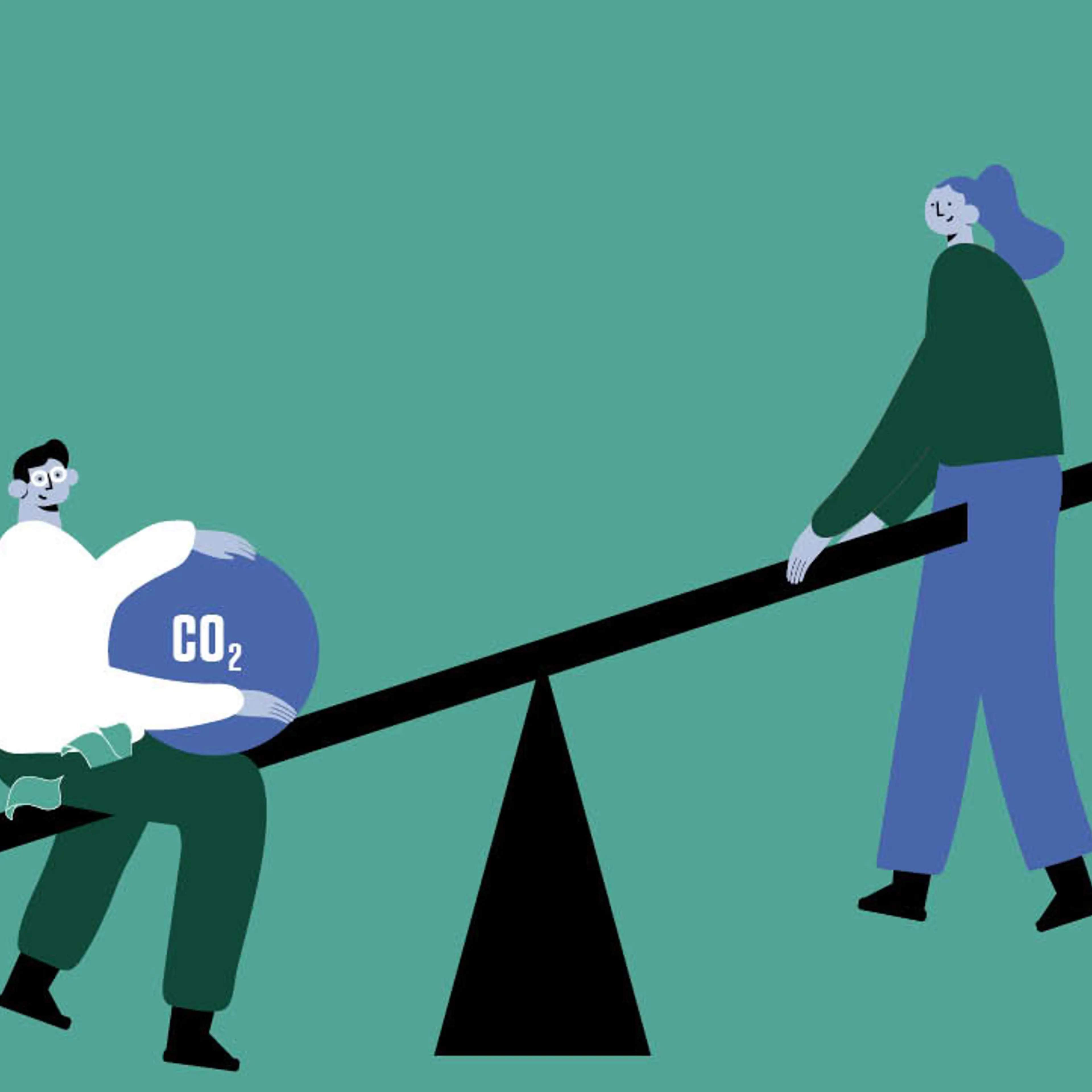Most people are aware of the vast difference in the average carbon footprint between the Global North and South. Major disparities also exist within countries – even in Denmark, which is usually considered to be a relatively egalitarian society. In Denmark one person from the wealthiest percentage of the population emits about as much CO2 per year as more than 15 people from the least wealthy half of the population combined.
New research nonetheless indicates that we greatly underestimate carbon footprint inequality between various income segments.
In a study just published in the scientific journal Nature Climate Change, researchers examined people’s perceptions of personal carbon footprint inequality across four countries: Denmark, India, Nigeria and the US. CBS Assistant Professor Kristian Steensen Nielsen is one of the authors of the study, which concludes that people generally underestimate within-country inequality in personal carbon footprints. This misperception has implications for their support of climate policies, while greater awareness of the inequality can lead to increased support for more ambitious climate policies.
The more the inequality is underestimated, the less support for climate action
The study is based on an online survey with 4,003 participants from three different income segments in four countries. Half of the participants had an income above the top 10% within the country, while the other half had an income below the top 10%. Participants were asked to estimate their own and the other two groups’ average carbon footprint, and also to state their attitude toward various climate actions.
The results showed that most participants overestimated the CO2 emissions of the bottom 50% and underestimated the emissions of the top 10% and 1%. In addition the study showed that the more participants underestimated the carbon footprint inequality, the less they supported climate action.
”Underestimating how significant the difference in our CO2 emissions is, indicates a serious problem. It leads to a distorted view of climate justice and weakens support for climate action, says Nielsen.
The researchers also found that the more well-off the participants were, the more they perceived carbon footprint inequality among the income segments as fair.
Furthermore, the study concluded that the high-income group was more supportive of subsidy schemes but less likely to support policies that regulate behaviour, which is a trend that reflects a broader perspective.




